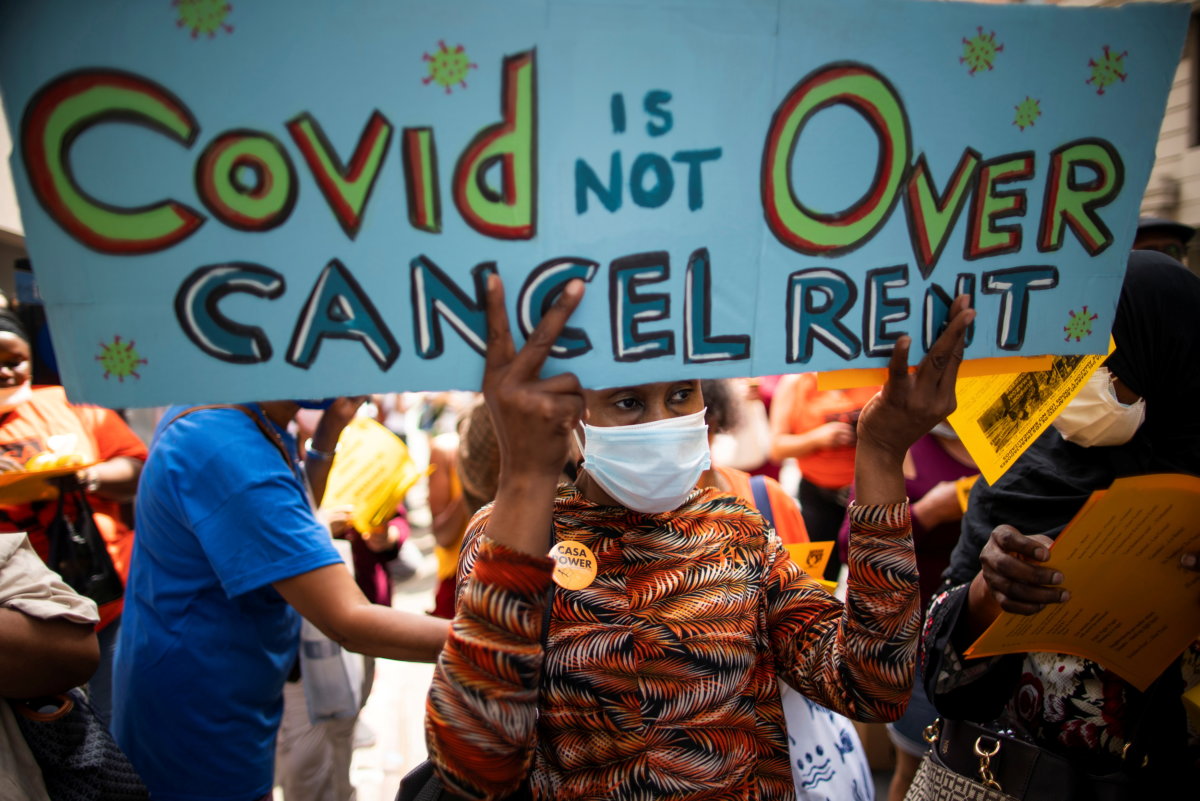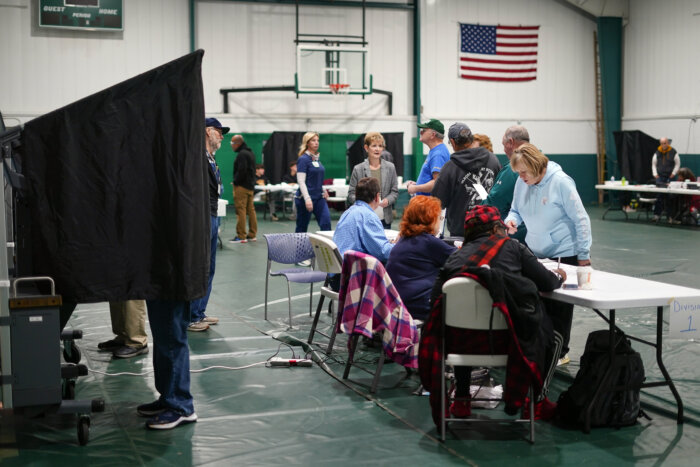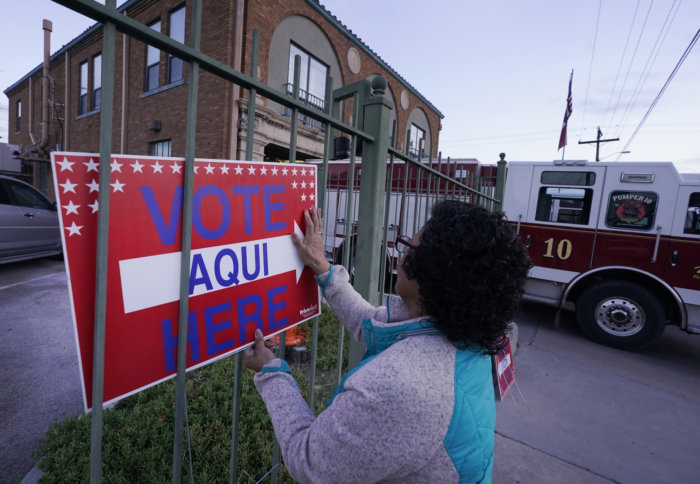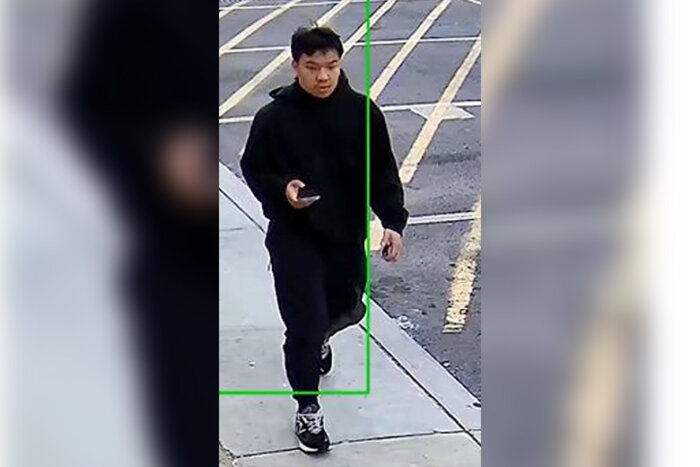Amid a surging wave of coronavirus cases, the federal government allowed enhanced pandemic unemployment insurance to expire this past weekend, cutting off thousands of jobless Philadelphians and millions of their fellow Americans from their only source of financial support.
According to the Bureau of Labor Statistics, around 65,000 Philadelphians remained jobless through July for a citywide unemployment rate of 9.4%. In addition, the Century Foundation, a progressive public policy think tank, noted that most unemployed workers are Black, Latinx, and other people of color, many of whom work in front line or service industries devastated by the pandemic.
Several programs remain available to out-of-work Philadelphians, and organizations in the region stand ready to connect those in need. But the expiration of enhanced pandemic unemployment insurance is a difficult time of transition. John Dodds, the director of the Philadelphia Unemployment Project (PUP), an area organization that helps poor and unemployed people fight for economic justice, said right now, most people are doing what they can to make it through.
“There’s been a better unemployment system during the recession,” Dodds said. “A lot of people getting benefits that would [be rejected] in the past — gig workers, and the self-employed, people like that. It’s been fairly compassionate, providing the benefits to people, increased benefits, benefits to people that wouldn’t normally get them, having them last longer.”
“And then all of a sudden it comes crashing to a halt this week,” he continued.
Earlier this year, President Joe Biden and Democrats in Congress passed the American Rescue Plan, giving people stimulus checks, rent and mortgage assistance, student loan deferments, and more to aid with the economic hardships of the COVID-19 pandemic. The $1.9 trillion stimulus package provided enhanced unemployment insurance programs, including Pandemic Unemployment Assistance, which provided benefits to freelancers and gig workers; Federal Pandemic Unemployment Compensation, which added $300 in compensation to state benefits; and Pandemic Emergency Unemployment Compensation, which added up to 53 additional weeks of benefits.
But with the advent of several vaccines last spring, and the hope that the pandemic would subside and the economy would rebound by the end of the year, Congress set many of the ARP programs to sunset by fall. The Century Foundation estimates that 7.5 million Americans will be kicked off the unemployment rolls this week, at a time when the Delta variant of COVID-19 continues to surge.
“The other real problem has been in the midst of all these benefits, there’s been hundreds of thousands of people who have not been able to get their benefits because the state has not been able to actually handle the number of people that are needing help,” Dodds said.
According to him, since the pandemic, Pennsylvania’s increased unemployment numbers overwhelmed the state. Thousands of people have either never received benefits or been kicked off the rolls illegally; an issue PUP continues to press with the Pennsylvania Department of Labor.
Recent economic indicators showed a mixed bag, with the unemployment rate falling to 5.2% in August but the country only adding 235,000 jobs. Yet equity remains elusive in the job market, as Black and Latinx communities continue to see their unemployment rates rise. According to the latest BLS statistics, the unemployment rate for Black Americans was 9.1% in August, up from 8.7% in July, while Latinx workers saw unemployment drop only slightly, from 6.6% to 6.2% over the same period.
Will González, the executive director of Ceiba, a coalition of Latino community-based organizations in Philadelphia that promotes economic development, financial inclusion, and, among other things, helps people with unemployment, calls the past 18 months a tale of two cities. Those who can work are working, he said, but those who can’t continue to struggle. Schools closed for over a year, which made things difficult for many people, as child care became a priority.
“Obviously, there’s a concern [about unemployment ending], but I think people really want to get to work,” González said. “And I think they’re focusing on that. One of the things we’re trying to help people understand is that [unemployment] may have ended, but food stamps, SNAP benefits increased, rental assistance is available, there’s still some programs here and there, so they need to try to put themselves in a position to take advantage of that.”
Ceiba can and does help people who need help with lost or missing stimulus payments, unauthorized immigrants who need assistance with Individual Tax Identification Number applications, and everyone concerned with the new Child Tax Credit. Unauthorized immigrants may not be eligible for stimulus payments, González said. Still, people whose children have social security numbers can file for the Child Tax Credit — if not the advanced portion, then on their end-of-year return.
Dodds offered similar advice, noting that people can look to rental assistance, energy assistance for utilities, SNAP benefits, student loan deferments and more if facing the loss of unemployment insurance. But like many, he remains worried. “It’s not as easy as some people think,” Dodds said. “Look at the states where they cut the benefits early, one out of eight got a job.”
“I’m very worried how people are going to make it,” he added.

































